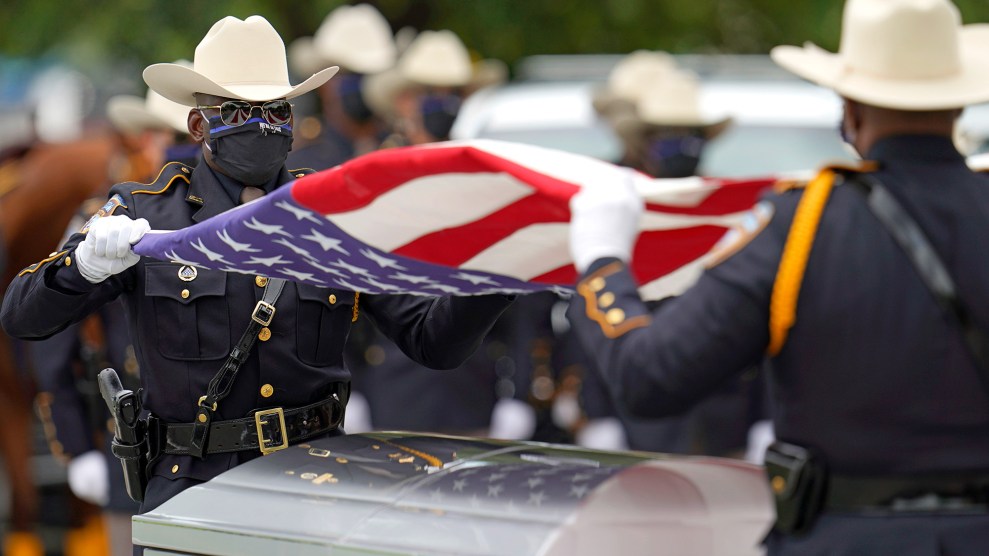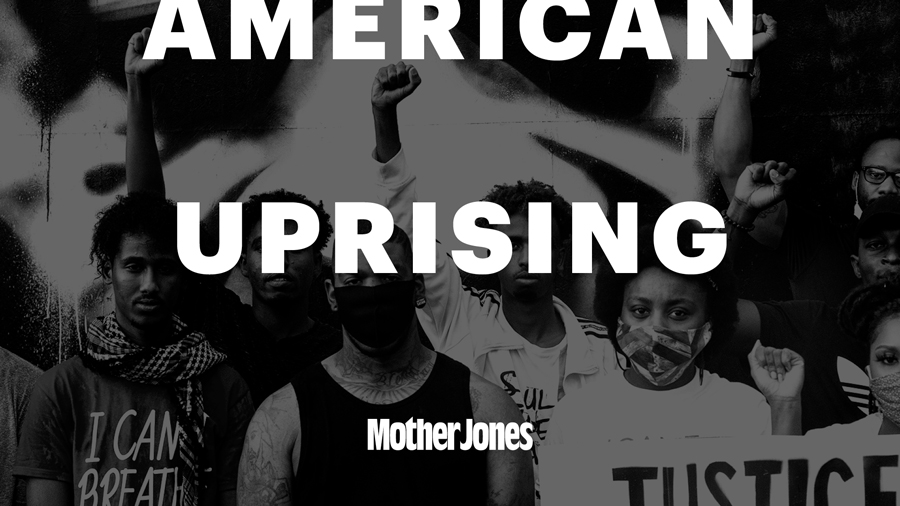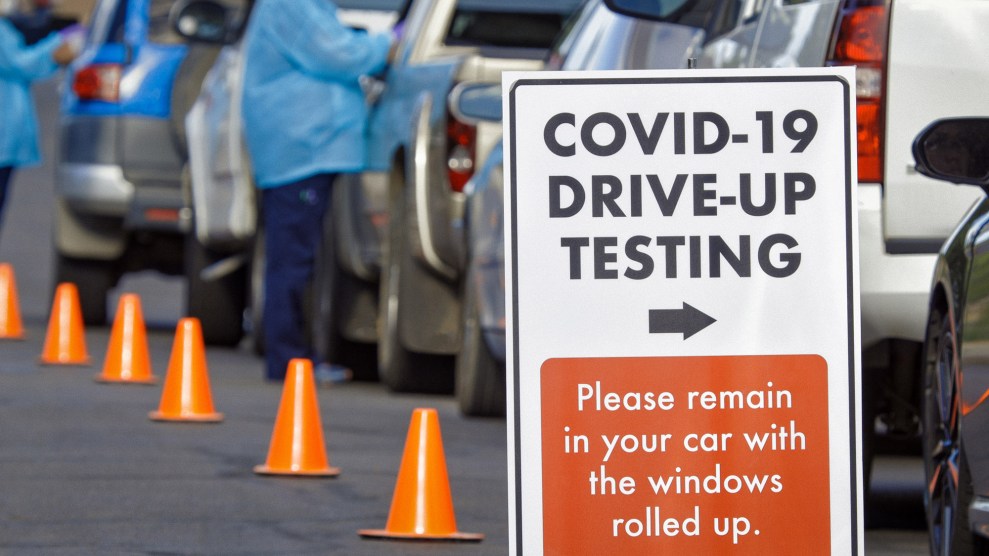
Members of the Harris County Sheriff's Honor Guard fold a American flag over the casket of Sgt. Raymond Scholwinski, who died earlier this month after contracting COVID-19. David J. Phillip/AP
The coronavirus has now killed more than 100,000 people in the United States, according to data compiled by Johns Hopkins University. The US death toll surpasses any other nation’s and marks a grim milestone in a crisis that has destroyed families, pushed nearly 40 million Americans out of work, revealed a federal government crippled by feeble leadership, and thrown daily life into chaos.
The new figures arrived as the virus continues to spread around the country and as Americans grapple with a confusing patchwork of state guidance for how and when simple activities can be enjoyed without fear. Meanwhile, experts say the real death count is likely much higher.
The story of the pandemic is far from being written in full, but there’s already no doubt that every part of American life has been touched by strife. Acute shortages of medical equipment and the federal government’s inept testing efforts hobbled the response from the beginning. (“Anyone who wants a test can get a test,” President Donald Trump lied in March.) States battled each other for resources. (“We’re not a shipping clerk,” the president said.) Disinformation campaigns deployed to support Trump turned happy talk about treatments (“What do you have to lose?”) and re-opening (“Easter Sunday, and you’ll have packed churches”) into a full-fledged culture war over social distancing and lockdown orders—complete with militiamen armed to the teeth. Trillions of dollars were pumped into relief legislation with limited public oversight. Algorithm-enabled conspiracy theories ran rampant. All the while, the eerie silence of a country brought to heel was punctuated by self-aggrandizing daily appearances by the president, and his never-ending stream of tweets—by turns complaining, bullying, distracting, and deflecting. People of color and frontline workers bore the brunt.
“No, I don’t take responsibility at all,” Trump said, his presidency’s most indelible quote.
This weeks episode of the Mother Jones Podcast is dedicated to the enormous challenge of honoring 100,000 coronavirus victims in the United States, and what lessons art and history can teach us about collective grief:
For complete coverage of the pandemic, check out our coronavirus blog.








